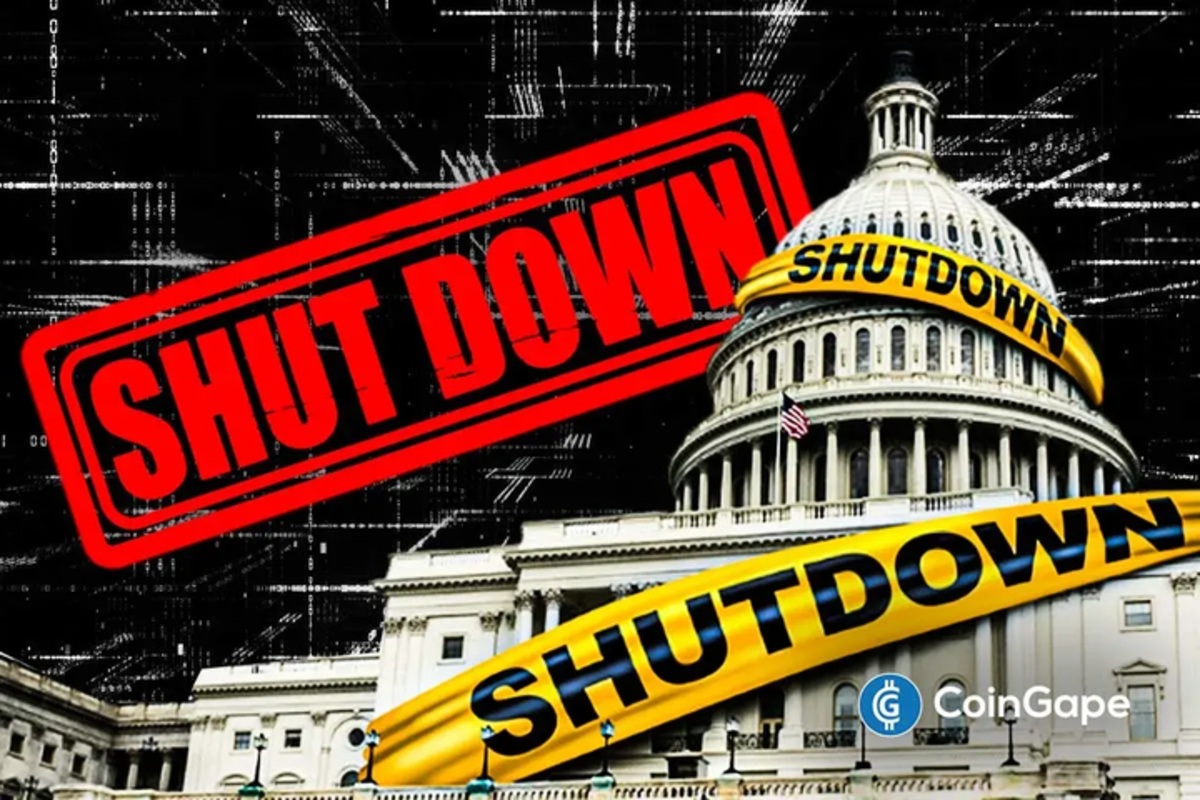Philadelphia-based bank Republic First Seized by US Regulators; What’s Next?

Highlights
- The Federal Deposit Insurance Corp. announced that US regulators had seized Republic First Bancorp
- To "protect depositors," Fulton Bank, a division of Fulton Financial Corp., has been designated as a receiver by the FDIC, which stated that it will buy all of Republic Bank's assets and assume nearly all of its deposits.
- Republic First Bancorp—which had been in difficulty for a while—officially failed with possibly zero to less involvement of digital assets in this case.
The collapse of Republic First Bancorp has led to the bank’s seizure by regulatory authorities. According to news reports, the Federal Deposit Insurance Corp. announced that US regulators had seized Republic First Bancorp and agreed to sell it to Fulton Bank. The failure of the banks highlights problems faced by smaller banks in the US.
Republic First Will be Sold to Fulton Bank
After giving up on funding negotiations with a group of investors, the Philadelphia-based bank was taken over by the Pennsylvania Department of Banking and Securities. To “protect depositors,” Fulton Bank, a division of Fulton Financial Corp., has been designated as a receiver by the FDIC, which stated that it will buy all of Republic Bank’s assets and assume nearly all of its deposits.
No Involvement of Crypto in Republic First Bancorp Collapse?
Last year saw four bank failures in the US. On March 8, Silvergate Bank closed, on March 10, Silicon Valley Bank collapsed, and on March 12, Signature Bank failed. Regulators have questioned cryptocurrency’s participation in bank failures in the past weeks. Still, in the case of First Republic, the bank appears to have failed without the assistance of digital assets.
The Federal Deposit Insurance Corporation stated on March 28 that Silvergate’s “business model focused almost exclusively on providing services to digital asset firms.” The agency said the company’s reliance on cryptocurrency was dangerous.
The FDIC further stated that in Signature’s instance, the run was ultimately caused by concerns about the cryptocurrency market, despite the bank having a more varied deposit base.
However, Republic First Bancorp—which had been in difficulty for a while—officially failed with possibly zero to less involvement of digital assets in this case. Though the full details of asset exposure for the bank are still not fully known, the regulators will likely not be able to blame this fall on the crypto markets.
Read Also: Runes Exploits Network’s Design Flaw: Bitcoin Core Dev Insists
- Who is the Next Fed Chair? Trump Set to Name Kevin Warsh as Powell Successor Today
- Crypto Market Crash: Here’s Why $2B in Bitcoin, ETH, XRP, SOL, HYPE & Top Altcoins Got Liquidated
- CFTC Chair Michael Selig Signals New Regulatory Framework for Prediction Markets
- U.S. Government Shutdown Fears Ease as Senate Democrats Reach Deal With Trump
- SEC, CFTC to Sign MoU on Crypto Oversight in Bid to Make America the Crypto Capital
- Ethereum and XRP Price Prediction as Odds of Trump Attack on Iran Rise
- Gold and S&P 500 Price Prediction as BTC $88K Sparks Global Risk-On Rally
- How High Can Hyperliquid Price Go in Feb 2026?
- Top Meme Coins Price Prediction: Dogecoin, Shiba Inu, Pepe, and Pump. Fun as Crypto Market Recovers.
- Solana Price Targets $200 as $152B WisdomTree Joins the Ecosystem
- XRP Price Prediction After Ripple Treasury launch

















